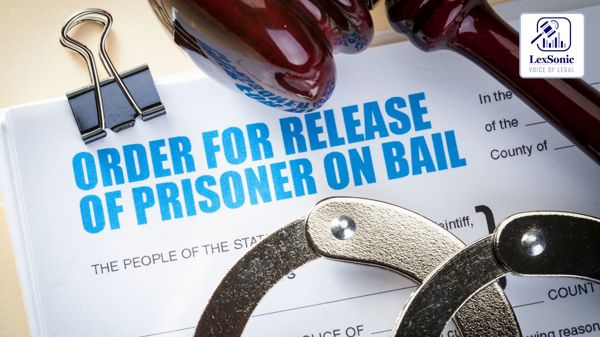In an important order balancing the scales of justice and indicative of individual roles in criminal liability, the Supreme Court (SC) of India granted anticipatory bail to Dattatray Appa Dnyandev Bhise on November 3, 2025, who was booked under sections of BNS, the Protection of Children from Sexual Offences Act, and the Prohibition of Child Marriage Act, 2006.
The case arose from an FIR that was registered at Indapur Police Station, Pune, under FIR No. 49 of 2025, initially invoking Section 137(2) of the BNS. Subsequent investigation led to the addition of further provisions under Section 64(2)(i)(m) of the BNS as well as relevant sections of the POCSO and Child Marriage Acts. The appellant had, earlier, been denied anticipatory bail by both the Sessions Court and the Bombay High Court, impelling an appeal to the Supreme Court.
The division bench hearing the matter comprised Justice B.V. Nagarathna and Justice R. Mahadevan. Counsel for the appellant argued that his client’s alleged role was limited to being the driver of the vehicle involved and that he had no active participation or overt act connecting him to the alleged offences. It was also pointed out that other co-accused, including the primary accused and the victim, are now married, that several co-accused had already secured bail, and that parity demanded similar treatment for Bhise.
The Additional Standing Counsel, appearing for the State of Maharashtra, opposed the plea, submitting that the accusations were serious and warranted custodial interrogation.
Having found from the facts that the role of the appellant was prima facie peripheral, the Supreme Court held that the grant of pre-arrest protection will not hamper the investigation or trial in the case. Invoking powers under Section 482 of the BNSS, 2023, the Bench allowed the appeal by setting aside the impugned order of the High Court. Consequently, the court directed that if the appellant is arrested, he be released on bail upon furnishing cash security of Rs. 25,000 with two sureties to the satisfaction of the Magistrate, subject to his co-operating with the investigation and not tampering with any evidence or intimidating any witness.
This judgment reiterates the principle that bail, not jail, ought to be the rule, particularly when the role of the accused is minimal and continued harassment by way of arrest would serve no purpose. It also develops an evolving judicial understanding of individual culpability under the framework of the BNS and BNSS, post their introduction in Indian criminal procedure.
Protection of Children from Sexual Offences Act, 2012

